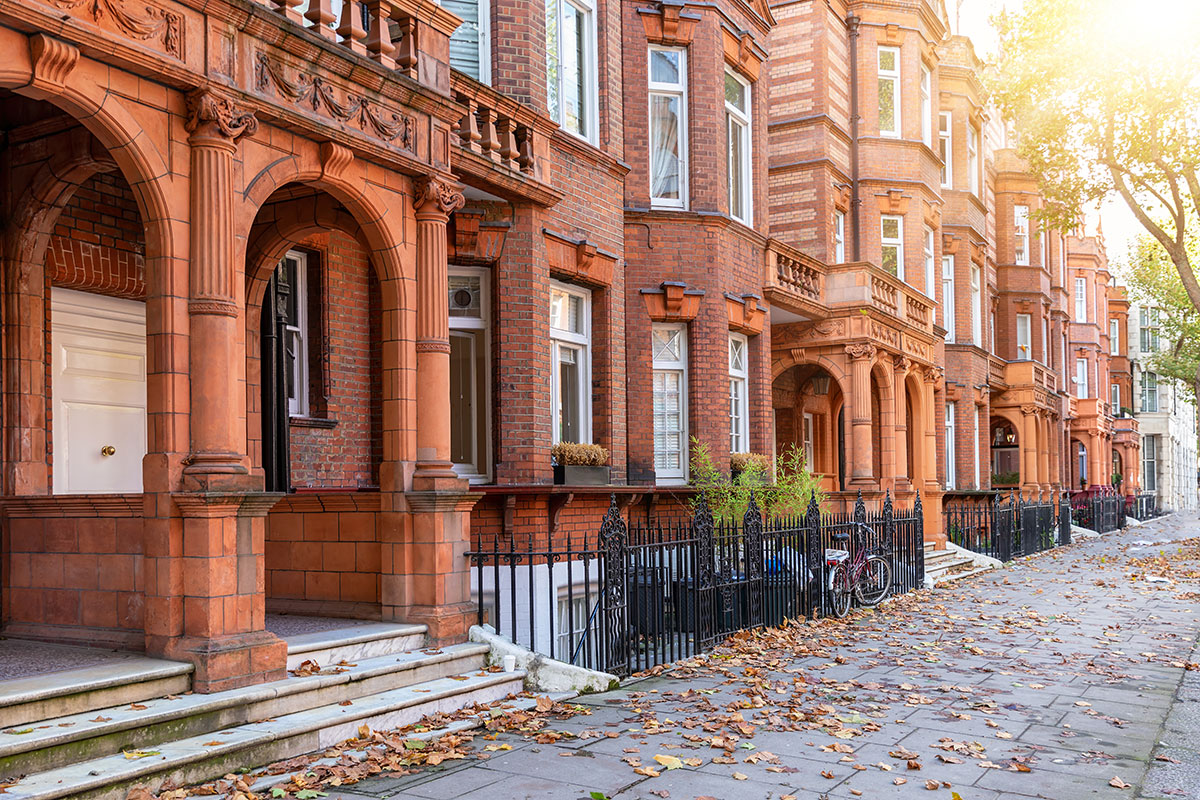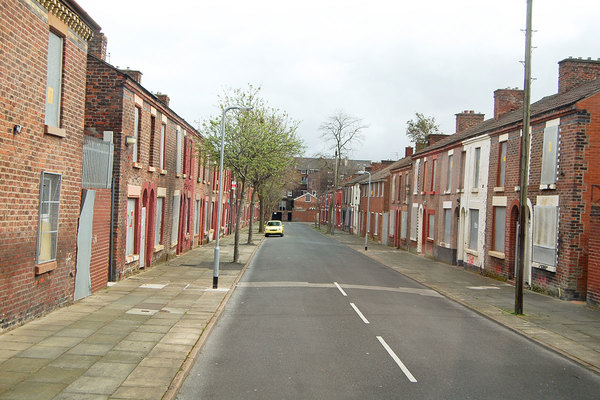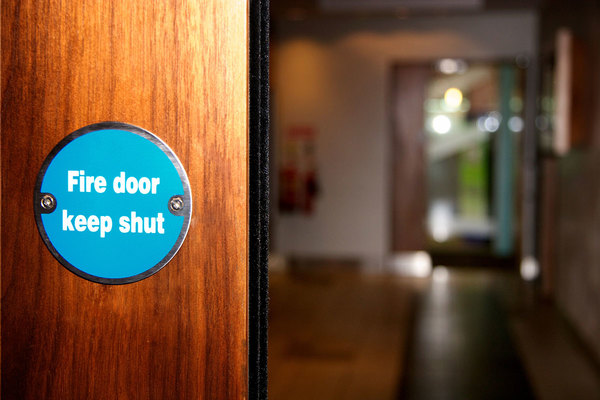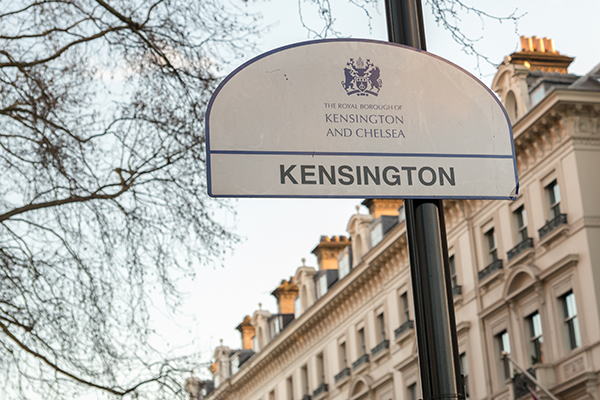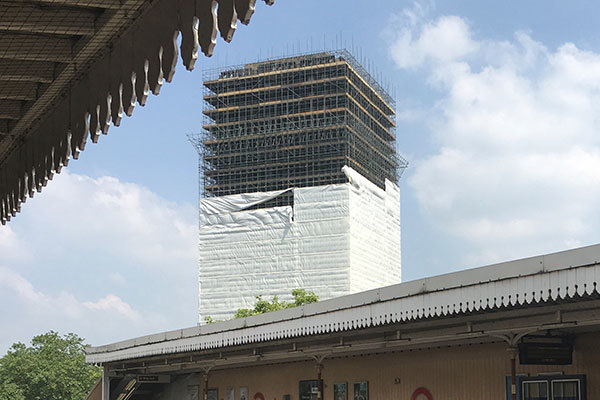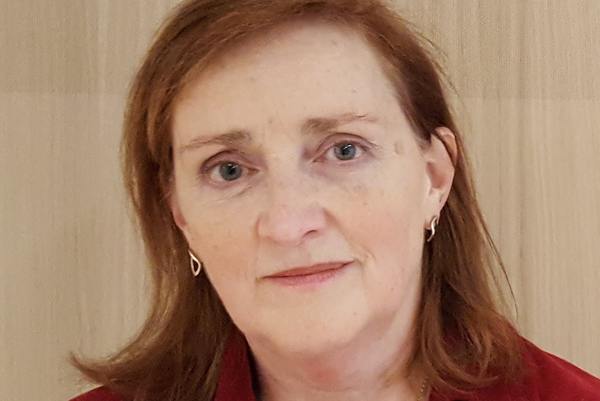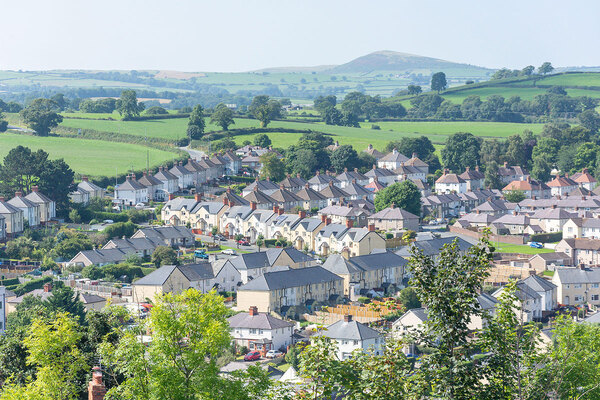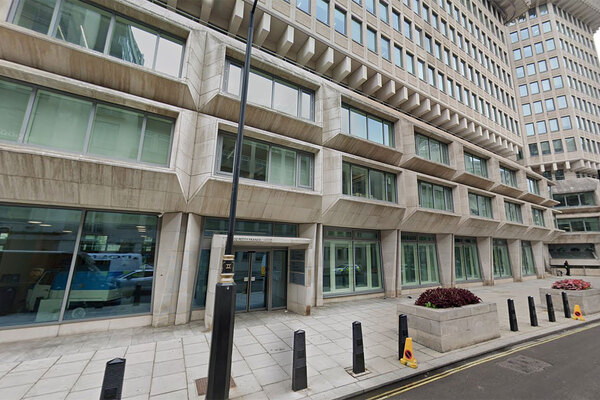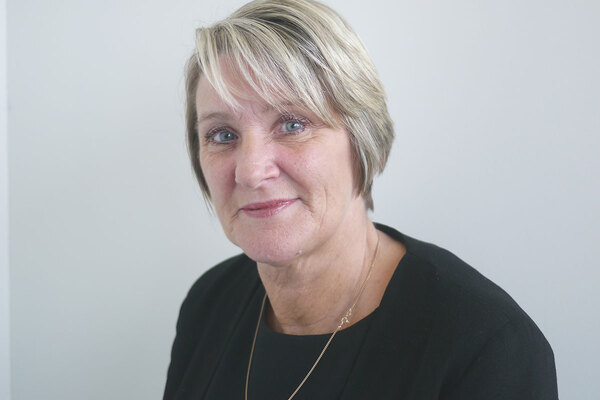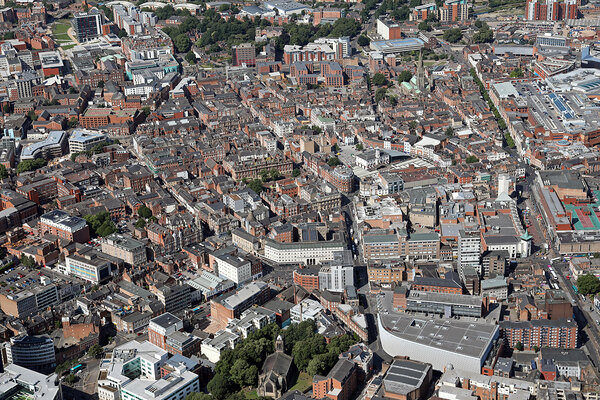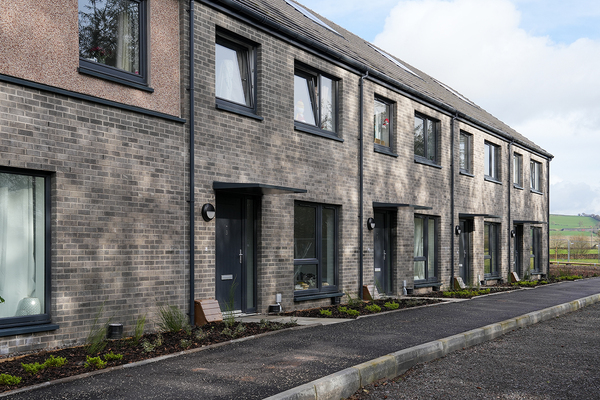You are viewing 1 of your 1 free articles
Kensington and Chelsea to ask richest properties for extra council tax
The Royal Borough of Kensington and Chelsea (RBKC) is aiming to launch a scheme asking residents in its highest-valued private properties to voluntarily pay extra council tax.
The council, which came under widespread criticism following the Grenfell Tower fire, will develop the initiative this summer in an effort to boost prospects for young people and “narrow the gap” in the borough.
The authority is pressing ahead with the plans despite just 5% of band H residents responding to a consultation on the issue. Around 1,200 individuals replied to a survey out of a total of 22,750 council tax payers in band H properties.
Properties in that band currently pay £2,318.10 annually in council tax. Of that amount £1,740.08 goes to the council, while the rest goes to the Greater London Authority.
A council spokesperson told Inside Housing it will look at the “feasibility” of the initiative before it goes to full council in September.
Westminster City Council launched a similar scheme last year, the first of its kind, and Islington is also considering its own initiative on extra voluntary council tax.
Elizabeth Campbell, leader of RBKC, said: “A key priority is improving employment opportunities – ensuring that people have equal opportunity to fulfil their potential wherever they live or whatever their background.
“This fund will create opportunities for many to boost their skills and development, and create routes into apprenticeships and employment.”
When the consultation was launched in February, Ms Campbell said that one of its main ambitions was to “narrow the gap in our borough and in our society”.
Kensington and Chelsea has some of the country’s wealthiest households, alongside some of London’s most deprived areas.
Last month, Ms Campbell unveiled a shake-up of her top team, including giving councillor Anne Cyron responsibility for overseeing the Grenfell recovery strategy.
Following the Grenfell Tower fire two years ago, which killed 72 people, the authority was accused of being “sluggish” and “chaotic” in its response. Chief executive Nicholas Holgate resigned after the fire.
